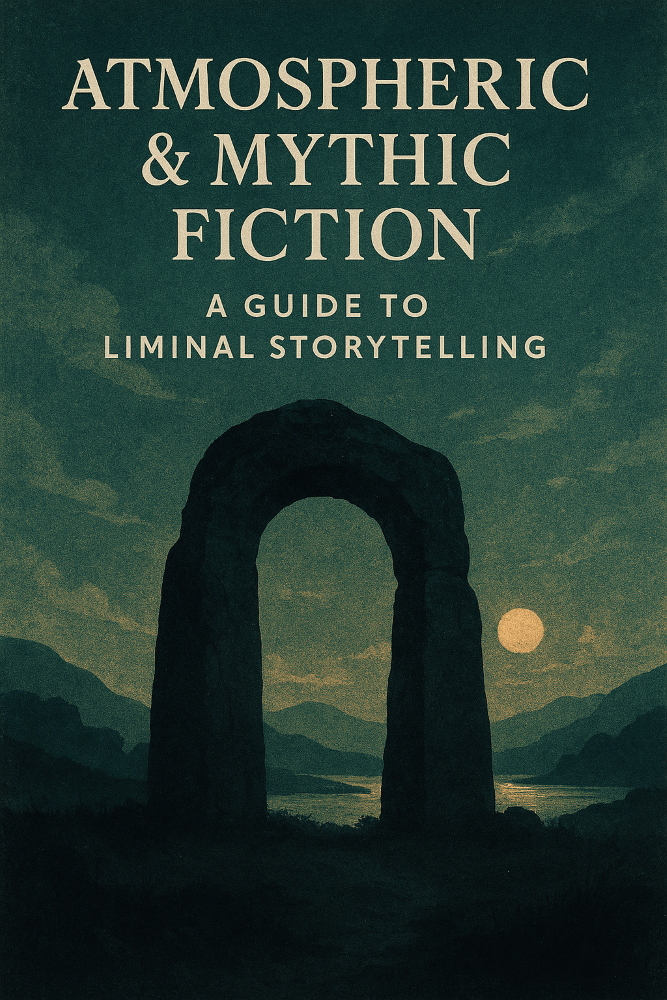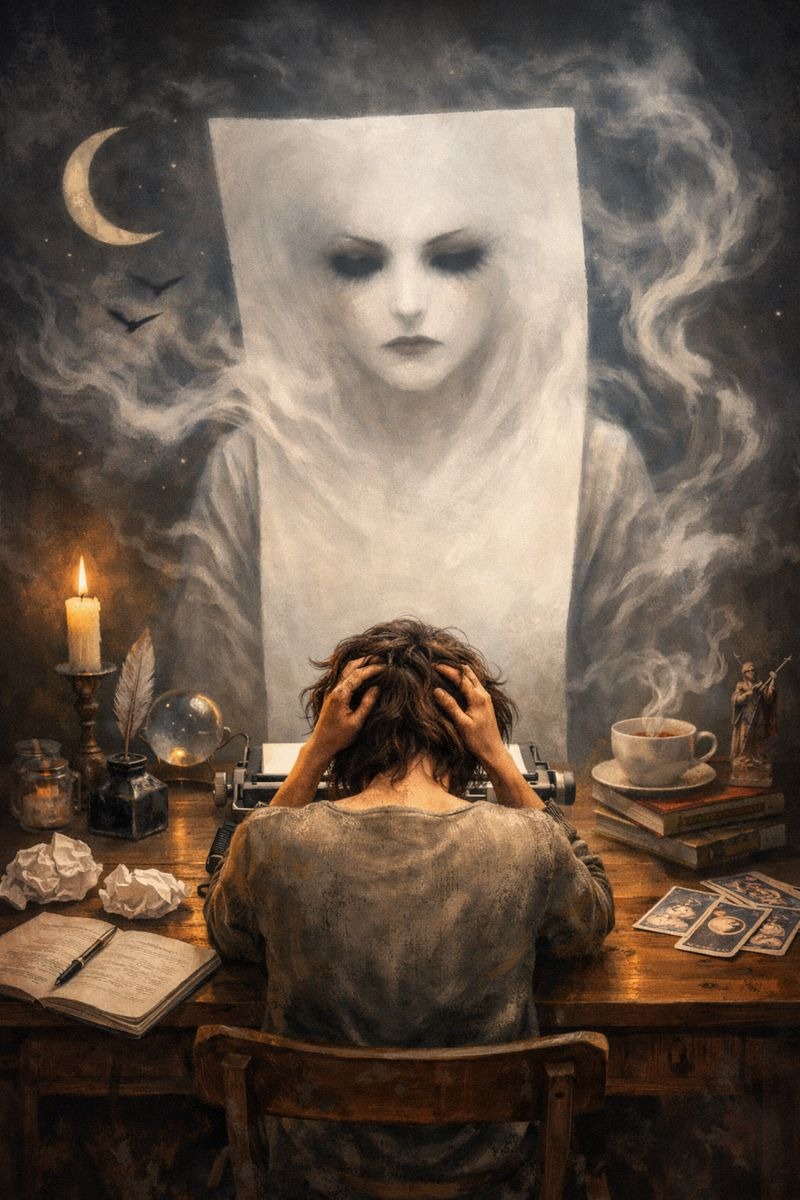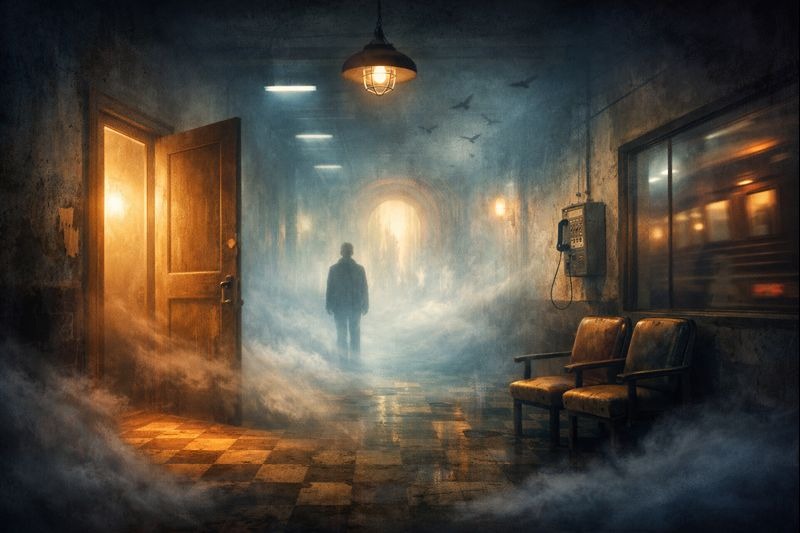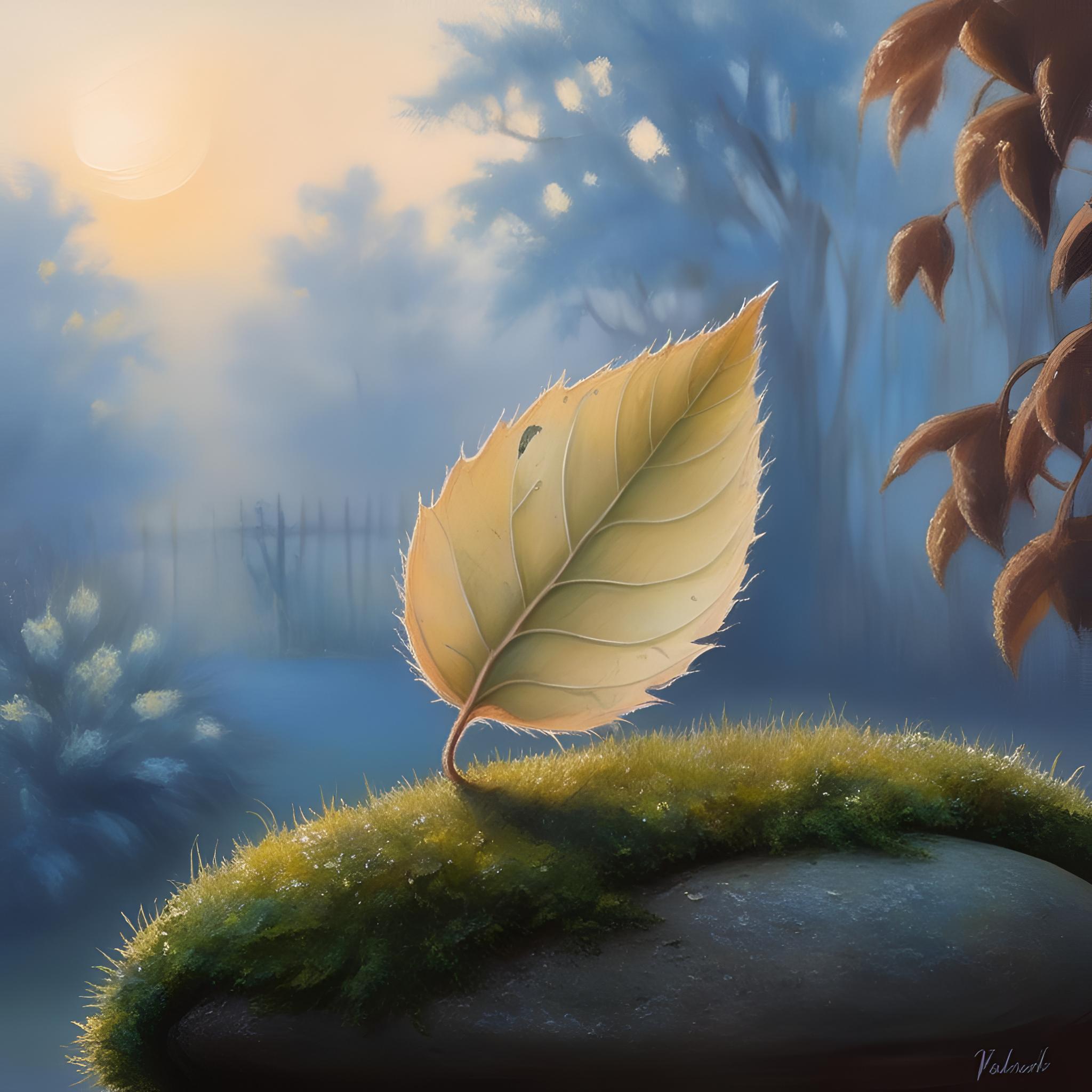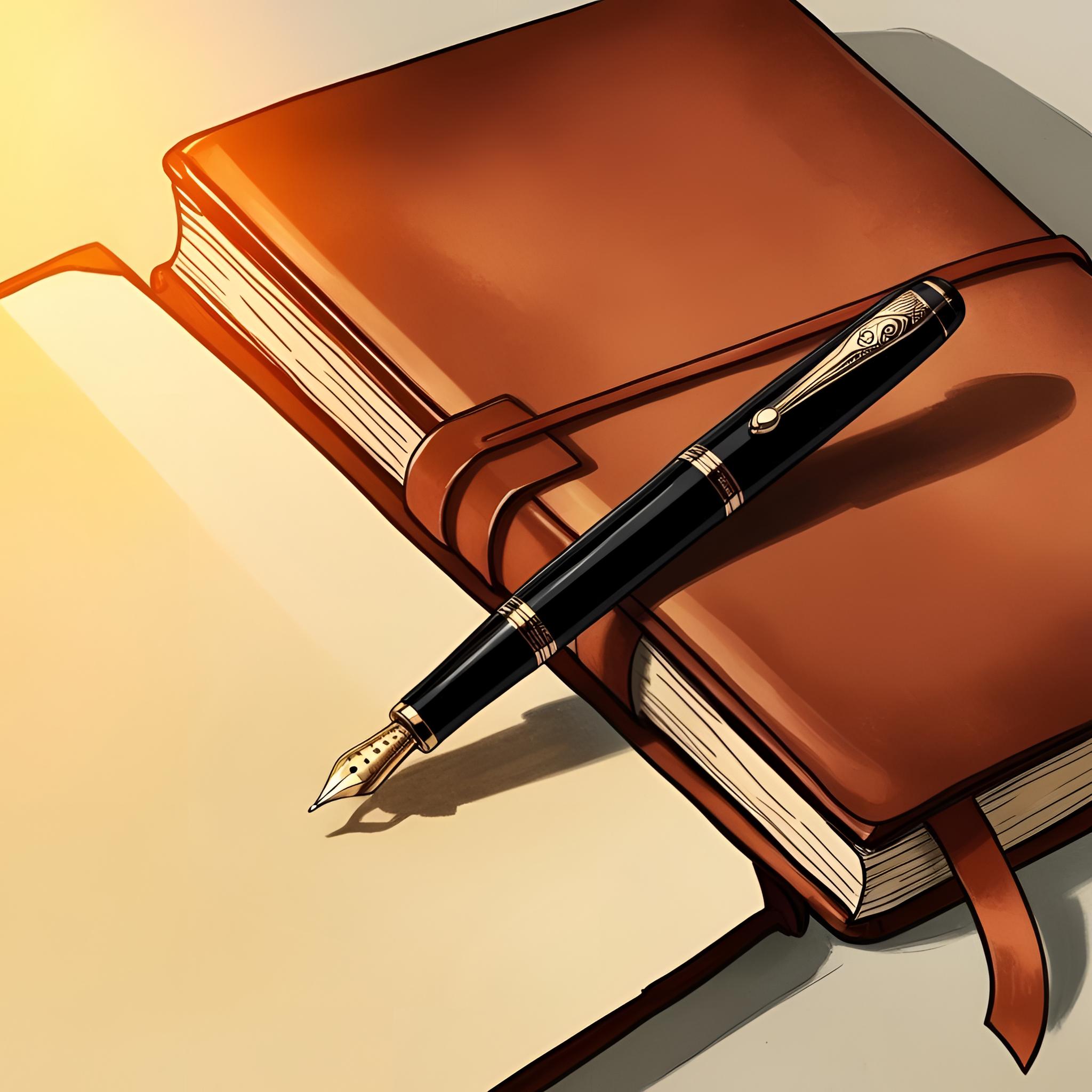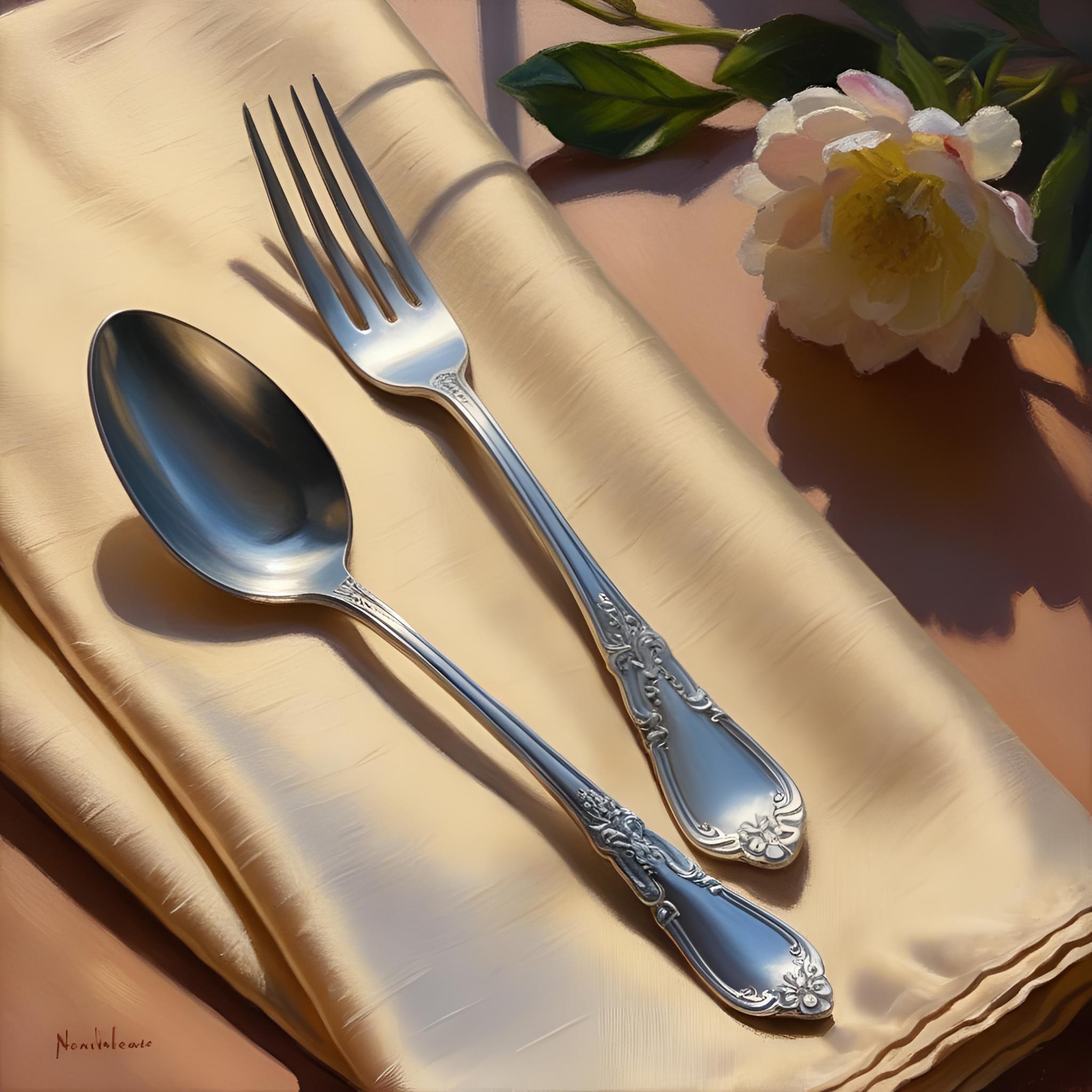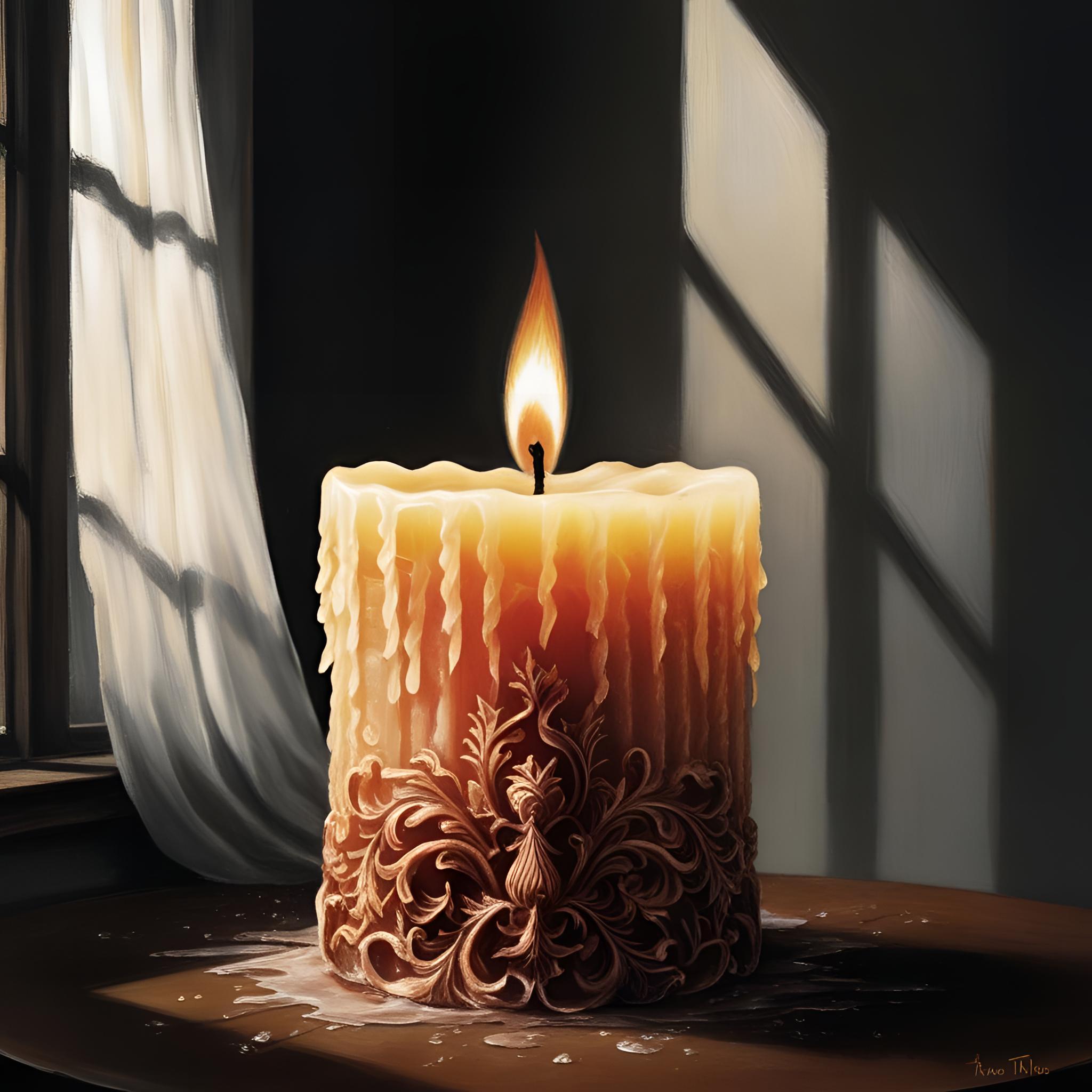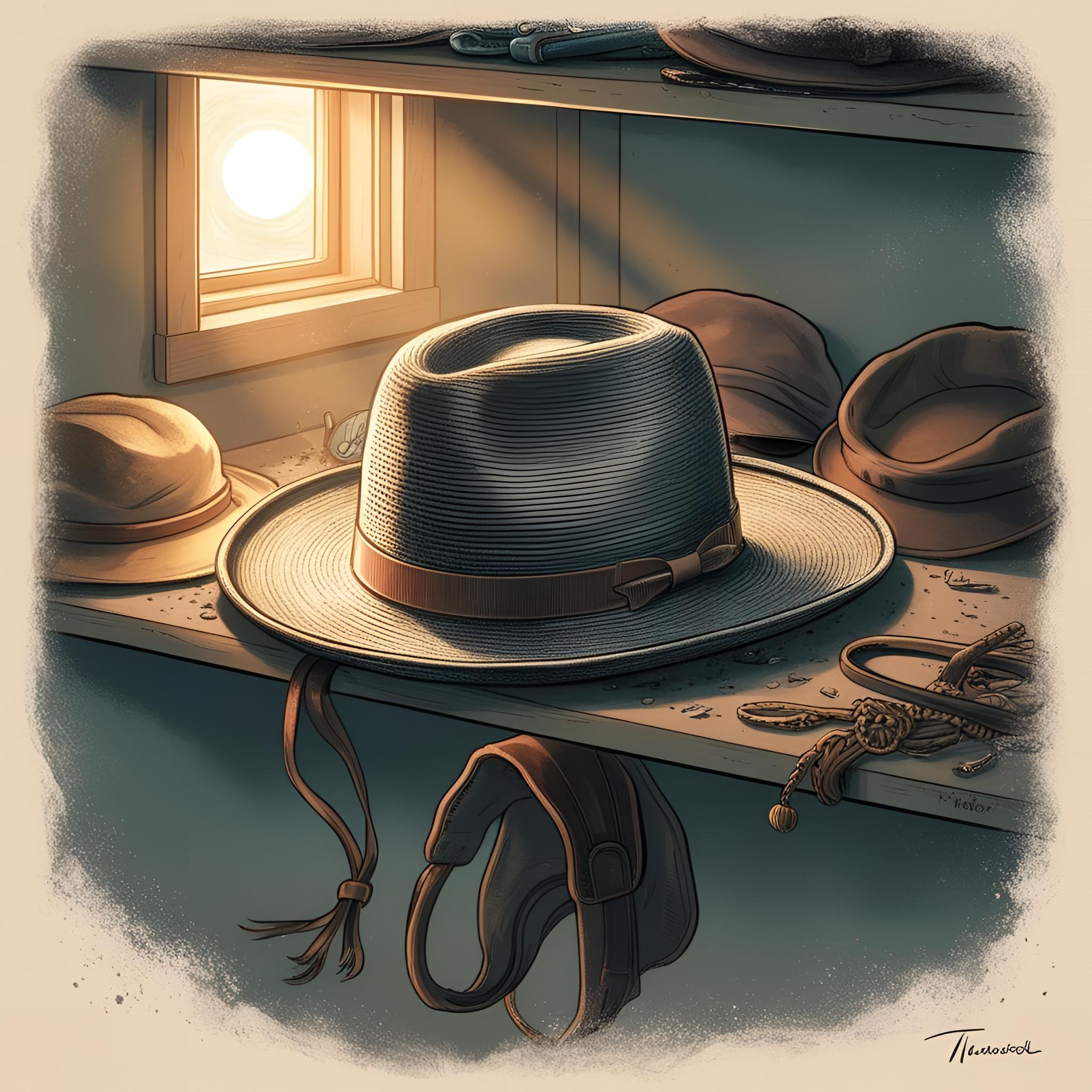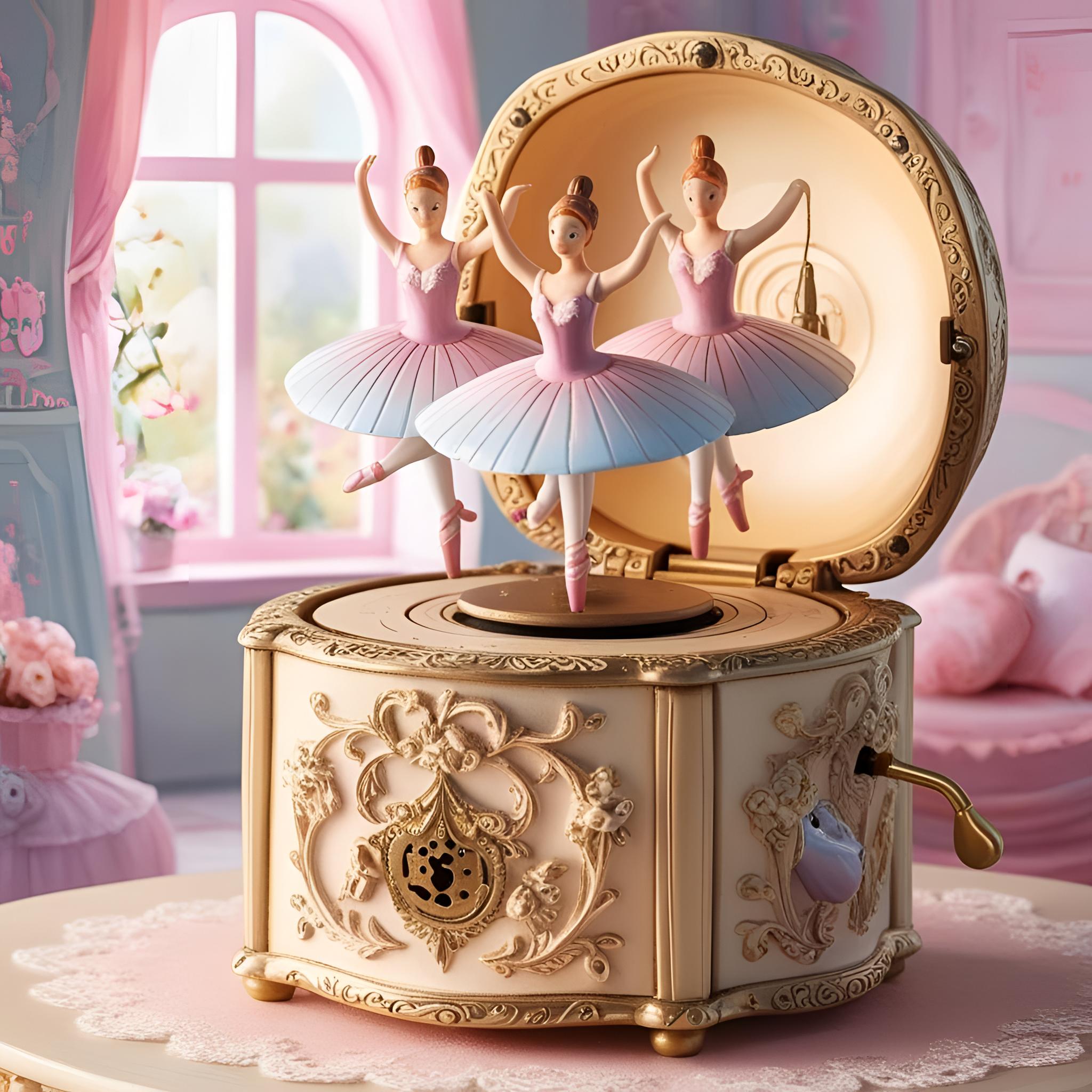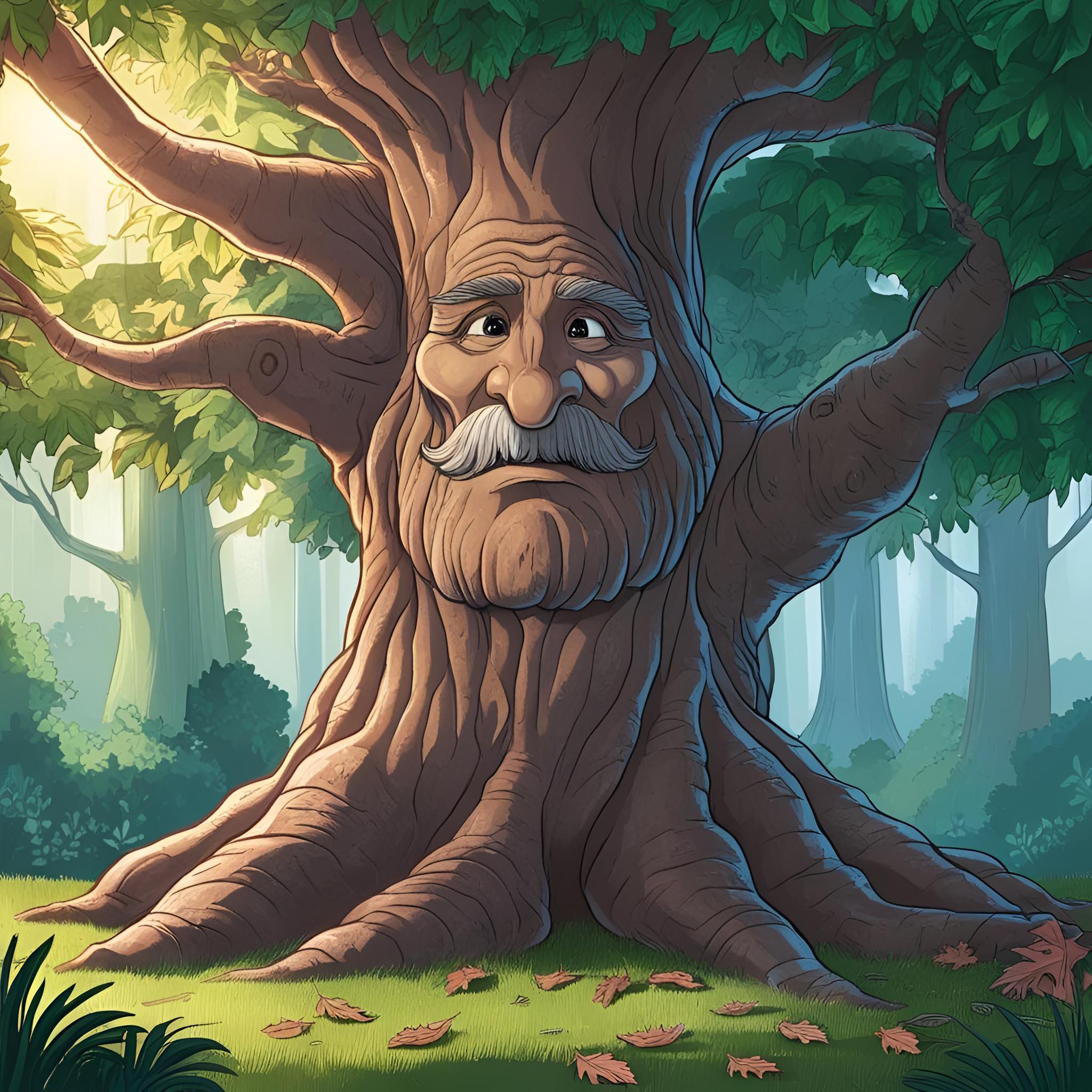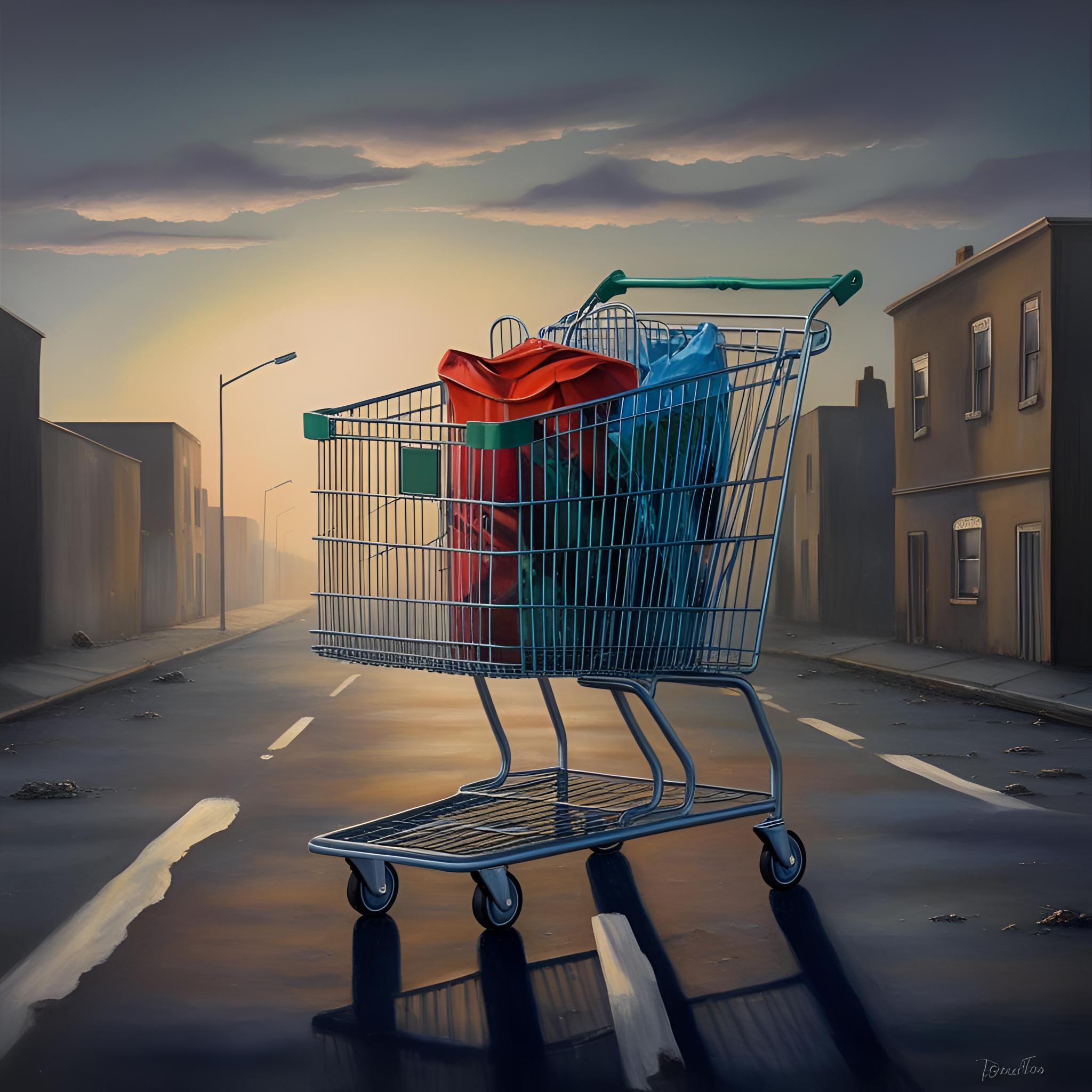The Blessing, the Burden, and the Blurred Lines Between
Ah, the tangled waltz of one writer reading another. It’s a pas de deux of admiration and unease, inspiration and imitation, growth and… ego bruises. Some say authors should keep their heads down, ears plugged, noses to their own narrative grindstones, lest they be swayed or softened. Others? They swear by cross-pollination, by the dance of shared critique and literary communion.
So, what’s the truth?
As always, it lies somewhere between. Let’s plunge into the muddy waters—quills raised, eyes wide.
The Honey: Why Reading and Commenting on Fellow Writers Can Be a Literary Lifeline
1. Cross-Pollination and the Spark of New Flame
Ideas are promiscuous. They flirt, cross borders, jump genres, and crash dinner parties. Reading other authors’ work is like leaving the window open during a thunderstorm; you might get soaked, or you might capture lightning in a jar.
Nothing births a new metaphor quite like colliding with a sentence you didn’t see coming. One writer’s turn of phrase can echo in your skull for days, shifting your style just enough to break the monotony. Reading widely forces you out of your familiar grooves and makes you ask dangerous questions: What if I wrote in second person? What if my villain didn’t monologue? What if I dropped the exposition and let the reader sink or swim?
Writers like Murakami and King swear by their literary diets. They feast on others’ words and build labyrinths from borrowed bricks. You should, too. Just don’t forget to sculpt your own door.
2. Solitude Needs a Chorus
Writing is a lonely profession. You spend hours with imaginary people having fake conversations about made-up problems. It helps, immensely, to step outside that echo chamber and hear real voices. Especially those of your peers.
Reading each other’s work is a way of saying: I see you. I hear you. I, too, have wrestled with this stubborn character and the plot that goes limp halfway through Act II.
Writing groups, forums, comments scrawled in red ink—they are the writer’s campfire. Around them, we warm our hands, roast our doubts, and tell each other: You’re not alone.
3. Sharpening the Blade
When you read like a writer, something shifts. You start noticing not just what was said, but how. Why that sentence snapped like a whip, or why that chapter deflated like a balloon in a cactus patch.
Critiquing others isn’t just generous, it’s ninja training for your own craft. Every “why didn’t this land?” becomes an autopsy. Every “damn, that was brilliant” becomes a blueprint. The more you articulate your reactions, the more refined your instincts become.
And soon, when your own prose goes limp, you’ll hear that same inner critic whisper: Too much exposition. Not enough blood. Try again.
4. The Evolution of the Literary Beast
Literature is a long, slow conversation between the dead and the living. No book stands alone. It leans on what came before and dares the next one to go further. When writers read and respond to each other, they aren’t just being polite, they’re carrying the art forward.
Whole movements were birthed in cafes, letters, and drunken bar brawls. Think Beat Generation. Think Harlem Renaissance. Think angry poets arguing over syntax. Without that friction, literature stagnates. But with it? It grows new limbs.
Commenting isn’t just critique, it’s a contribution. To the canon. To the future.
5. Networking Without the Vomit
Here’s the pragmatic cherry on top: reading others’ work builds bridges. You comment. They notice. They comment back. Next thing you know, you’re invited to a panel, a podcast, a weird online anthology about sentient cheese.
You don’t need to be a schmoozer. Just be genuine. Be curious. Be present. In an age where everyone is screaming into the void, listening thoughtfully is revolutionary.
The Sting: Why It Sometimes Sucks
Of course, every rose has its bloodied thorns. Let’s not get drunk on idealism. The literary community, for all its charm, can also be a hall of mirrors.
1. The Uninvited Guest: Imitation
You read something brilliant. A scene that tastes like cinnamon and heartbreak. You sigh. And then… you start writing like them.
Slowly, stealthily, their cadence seeps into your sentences. Their metaphors nest in your margins. You don’t mean to mimic. But art is osmosis.
Especially when you’re still finding your voice, it’s dangerously easy to slip into someone else’s skin. What was inspiration becomes imitation. And you wake up mid-novel wondering whose voice is speaking through your pen.
2. The Demons of Comparison
You open a peer’s work and it’s… devastatingly good. Tightly plotted, gorgeously written, already published, probably endorsed by Margaret Atwood and translated into Basque.
You stare at your own unfinished draft—bloated, typo-ridden, and emotionally constipated. The spiral begins: Why do I even bother? Who am I kidding? Should I take up macramé instead?
This is not just self-doubt. This is comparison rot. It eats at the roots of your confidence until even writing an email feels pretentious. Especially in the age of curated feeds and performative productivity, it’s easy to forget: everyone’s manuscript looks like garbage at some point. You’re just seeing their final cut.
3. Time: The Oldest Villain
Reading takes time. Thoughtful feedback takes more. And time is the one thing writers never have enough of.
You’ve got chapters to revise. Agents to ignore. A plot twist that refuses to twist. And now you’re expected to read six short stories, three poems, and a novella-in-progress from your writing group?
It’s noble. It’s kind. It’s draining.
Energy spent decoding someone else’s comma choices is energy not spent advancing your own story. If you’re not careful, critique can become a procrastination ritual dressed as productivity.
4. Critique is a Blade—Double-Edged and Often Bloody
Offering feedback is an art, not a blunt weapon. Yet many wield it like a wrecking ball: clumsy, harsh, thoughtless. A careless comment can do more damage than ten rejection letters.
And let’s not pretend the receiving end is easy either. Sometimes, even well-meaning feedback slices deep. Especially when it hits a truth you were avoiding.
Worse, not all critiques are honest. Some are tinted by jealousy, rivalry, or just plain pettiness. Sorting helpful truth from veiled insult requires thick skin and sharper intuition.
5. The Murky Waters of Objectivity
Let’s say your friend sends you a draft. It’s… not great. You want to be honest, but you also want to stay on speaking terms. So you soft-pedal. Or worse, lie.
This is the swamp of subjectivity. Every opinion is tangled in personal bias, genre preference, emotional baggage, mood, jealousy, and loyalty.
True objectivity is a unicorn. What we can aim for instead is useful subjectivity: honest, respectful, constructive. But not everyone plays fair. And not everyone can take it.
So, Should You Do It?
Yes. And no. And sometimes, with caution, wearing padded armour.
Reading and commenting on other authors’ work can lift your writing to new heights or grind it under the weight of self-doubt. It can build a lasting community or burn bridges with a single flippant remark. It can expand your mind or scatter it.
The trick is to strike your own balance. Give generously, but protect your voice. Read voraciously, but keep your compass true. Know when to engage, and when to retreat into your creative cave and write like no one’s watching.
Because in the end, literature needs both: the solitary scribbler and the literary conversationalist. The hermit and the host. The whisper and the shout.
Read. Comment. Connect (click here).
But above all: write!
Subscribe
The Inner Orbit
We value your trust!
Your address is safe in the vault.
We’ll only use it to send you letters worth opening; no spells, no spam, no secret salesmen.

